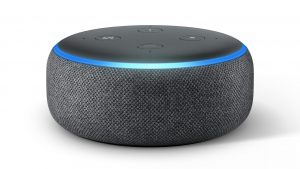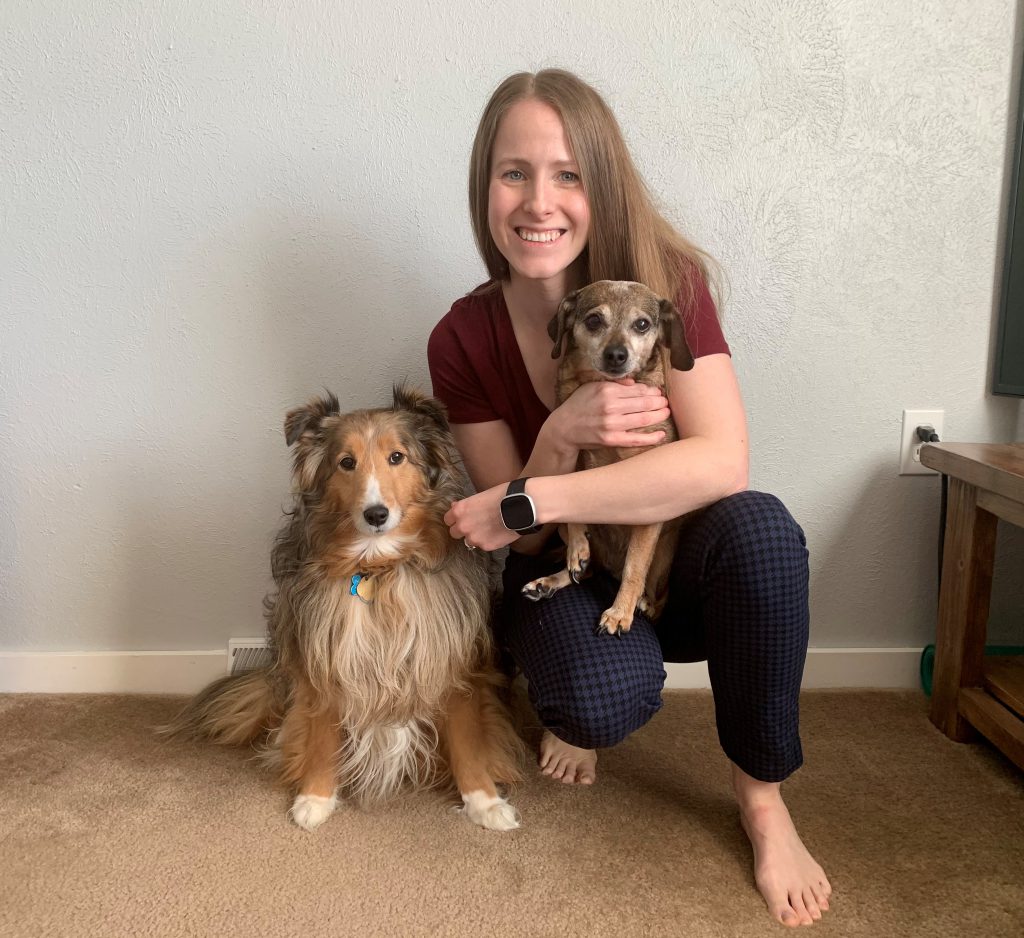Kelsey Lastowski knows the intense anxiety of navigating school with a hidden disability. As a student with dyslexia and dyscalculia, she worried people wouldn’t think she was smart. Because she attended a private school with no special services, she developed her own coping skills. “You learn to advocate for yourself and do what you can,” she recalls. Lastowski applies that hard-earned lesson to her work with students receiving services from the Big Sky Special Needs Coop based in Conrad.
A Speech Technician pursuing a Ph.D. in school psychology, Lastowski relies on assistive technology in her personal and professional life, and teaches her students to do the same. “Doing it for them is not going to help long-term,” she says. “Teach coping strategies and workarounds. Let them use a computer! Why not? Why not audio books? (The challenge) is never going to go away, so teach them how to work around it.”
 How does Lastowski work around it? She uses Alexa on a daily basis, via Fitbit and an Echo Dot. “I have Alexa on my wrist and at home,” she explains. “I use lists and minders every day. I use math conversions in the kitchen. With Alexa, you don’t have to stop what you’re doing and type something in.” Reminders ensure she’s not forgetting anything critical.
How does Lastowski work around it? She uses Alexa on a daily basis, via Fitbit and an Echo Dot. “I have Alexa on my wrist and at home,” she explains. “I use lists and minders every day. I use math conversions in the kitchen. With Alexa, you don’t have to stop what you’re doing and type something in.” Reminders ensure she’s not forgetting anything critical.
Lastowski also uses Alexa to help with spelling. Spell Check doesn’t work unless you already have a general idea of how to spell a word, but Alexa hears what you’re trying to say and can provide correct spelling. That’s important professionally. “I can quickly handwrite a note correctly with confidence,” Lastowski says.
She likes working with younger students. As a college student, Lastowski worked in disability services. “There’s little you can do at that point,” she recalls. “Just accommodations. I’m drawn to the younger kids and how we can teach strategies so they don’t have to struggle so much later in life.” She believes assistive technologies support success. Success builds self-esteem and the hopeful confidence required to set and meet new goals.
“I think these devices are game changers, for taking some of the anxiety away,” she says. “If my husband is away, I don’t have to worry about forgetting to feed the dogs.” Alexa, remind Petunia and Lillie to express some canine gratitude.
[MonTECH loans Echo Dot to any Montanan with any kind of challenge, including learning disabilities. We provide free shipping and return shipping, and free 1:1 help learning features of devices and apps we loan. Call or write us if you have questions: montech@mso.umt.edu, (406) 243-5511.]

